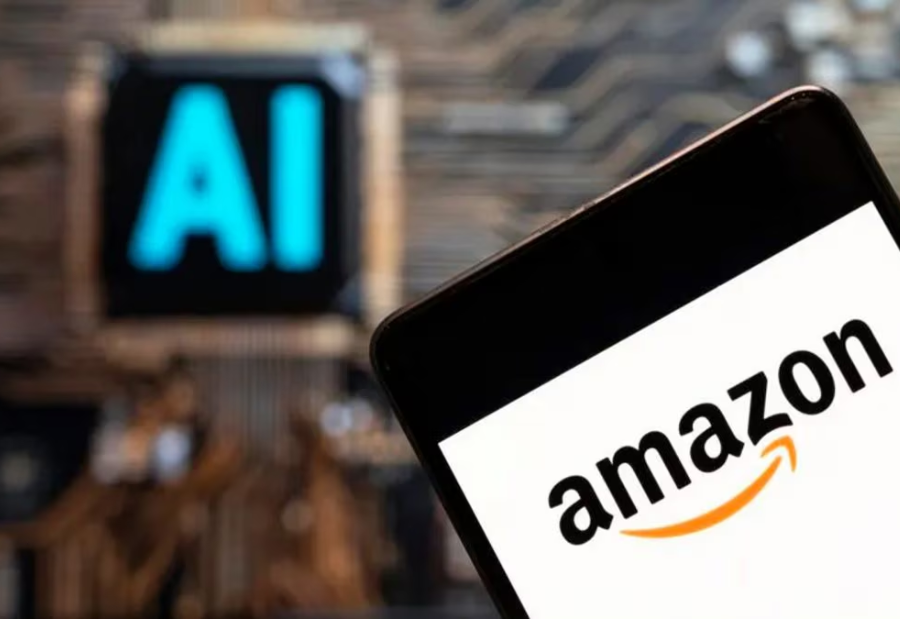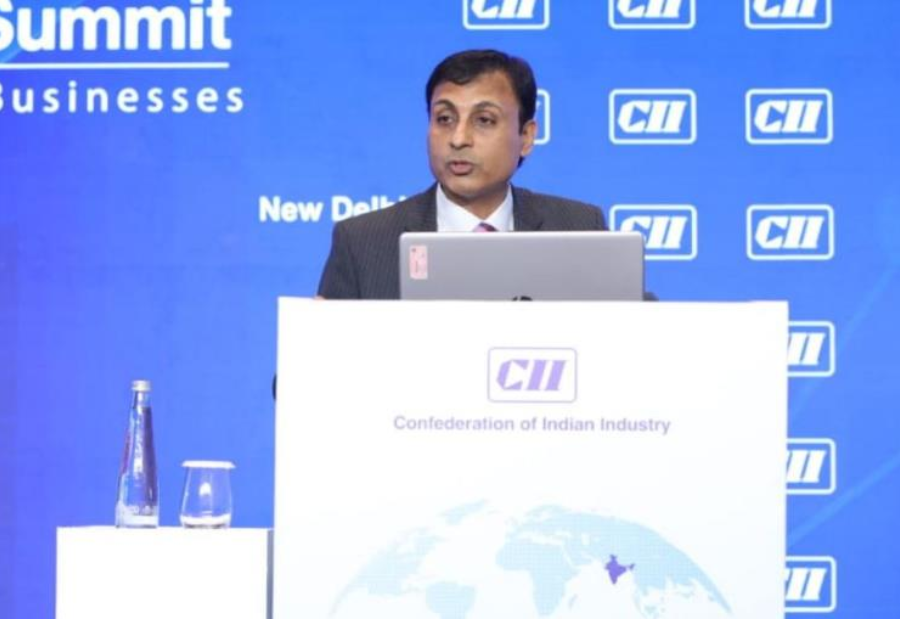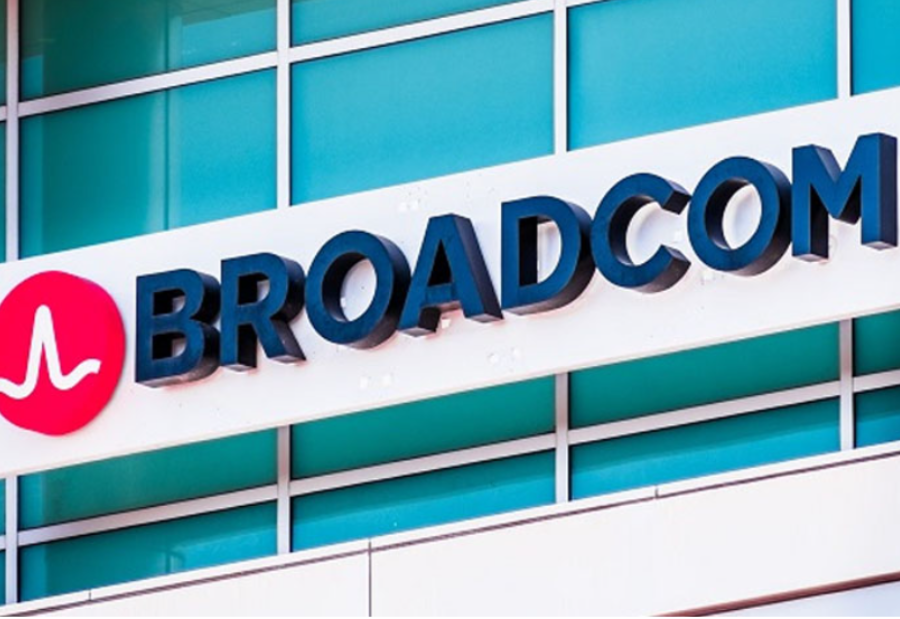Amazon is selling NVIDIA’s latest AI chips through its Amazon Web Services (AWS) cloud platform, but it’s also doubling down on building its own. In recent weeks, Amazon has revealed a dual-track chip strategy—leveraging NVIDIA’s Blackwell GPUs while advancing its in-house silicon like Trainium and Graviton to compete in the growing AI market.
The tech giant is playing a unique role: both a partner and a competitor to NVIDIA. While meeting customer demand with powerful NVIDIA chips, Amazon is also using its own processors to quietly build an alternative AI future.
A major milestone was the training of Anthropic’s Claude Opus 4 entirely on Amazon’s Trainium chips, showing that high-performance AI models can run without relying on NVIDIA’s hardware.
A Clearer Focus on Custom Chips
Amazon’s custom chip efforts are becoming more visible. According to CNBC, the latest Graviton4 CPU comes with 600 Gbps of network bandwidth—described by AWS engineer Ali Saidi as “fast enough to read 100 music CDs per second.”
Still, Amazon’s primary focus is on its AI-focused Trainium2 chips, which power Project Rainier—a supercomputer built specifically for Anthropic. These chips supported the launch of Claude Opus 4, skipping NVIDIA entirely. Gadi Hutt, AWS’ senior director for customer and product engineering, noted that while NVIDIA’s Blackwell may offer better performance, Trainium2 stands out in energy efficiency and cost.
Amazon is already working on Trainium3, which promises double the performance and 50% lower power use. It is also reportedly preparing for Trainium4, with help from chipmaker Alchip.
Alchip is expected to become the exclusive foundry for both Trainium3 and Trainium4. The company has already completed a 3nm chip design, with mass production planned for 2026 and up to 6.5 lakh units estimated. Alchip is also working with Astera Labs on a potential 2nm version, with decisions expected this month.
Meanwhile, Alchip is handling nearly all of Trainium’s chip orders. Morgan Stanley projects that each chip could cost around $3,000, excluding memory, and drive strong growth for Alchip.
NVIDIA Still in the Picture
Despite its in-house progress, Amazon hasn’t cut ties with NVIDIA. AWS recently launched the P6e-GB200 UltraServers, which use NVIDIA’s Grace Blackwell Superchips. These setups feature 72 GPUs, over 13 TB of memory, and are designed for massive AI models and demanding workloads.
For customers with less demanding needs, AWS offers P6-B200 instances with eight Blackwell GPUs and Intel Xeon processors. Both versions are compatible with AWS services like SageMaker HyperPod and Amazon EKS, and also available via NVIDIA’s DGX Cloud.
Amazon is backing these offerings with its strong infrastructure—from the Nitro security system to advanced cooling and network systems.
“It’s about continuous innovation across multiple layers of infrastructure,” the company said in a blog post.
Building Towards Independence
Amazon’s approach is clear: reduce dependence on NVIDIA while keeping pace with customer needs. As more internal AI tasks shift to Trainium and Graviton, AWS is slowly making its case for chip independence.
At the same time, by offering NVIDIA’s best chips, it remains ready for clients who aren’t yet ready to switch. With long-term chip production deals and a fast-moving roadmap, AWS could be quietly building a future less reliant on NVIDIA.
Also read: Viksit Workforce for a Viksit Bharat
Do Follow: The Mainstream formerly known as CIO News LinkedIn Account | The Mainstream formerly known as CIO News Facebook | The Mainstream formerly known as CIO News Youtube | The Mainstream formerly known as CIO News Twitter |The Mainstream formerly known as CIO News Whatsapp Channel | The Mainstream formerly known as CIO News Instagram
About us:
The Mainstream formerly known as CIO News is a premier platform dedicated to delivering latest news, updates, and insights from the tech industry. With its strong foundation of intellectual property and thought leadership, the platform is well-positioned to stay ahead of the curve and lead conversations about how technology shapes our world. From its early days as CIO News to its rebranding as The Mainstream on November 28, 2024, it has been expanding its global reach, targeting key markets in the Middle East & Africa, ASEAN, the USA, and the UK. The Mainstream is a vision to put technology at the center of every conversation, inspiring professionals and organizations to embrace the future of tech.




